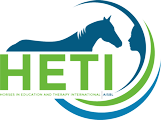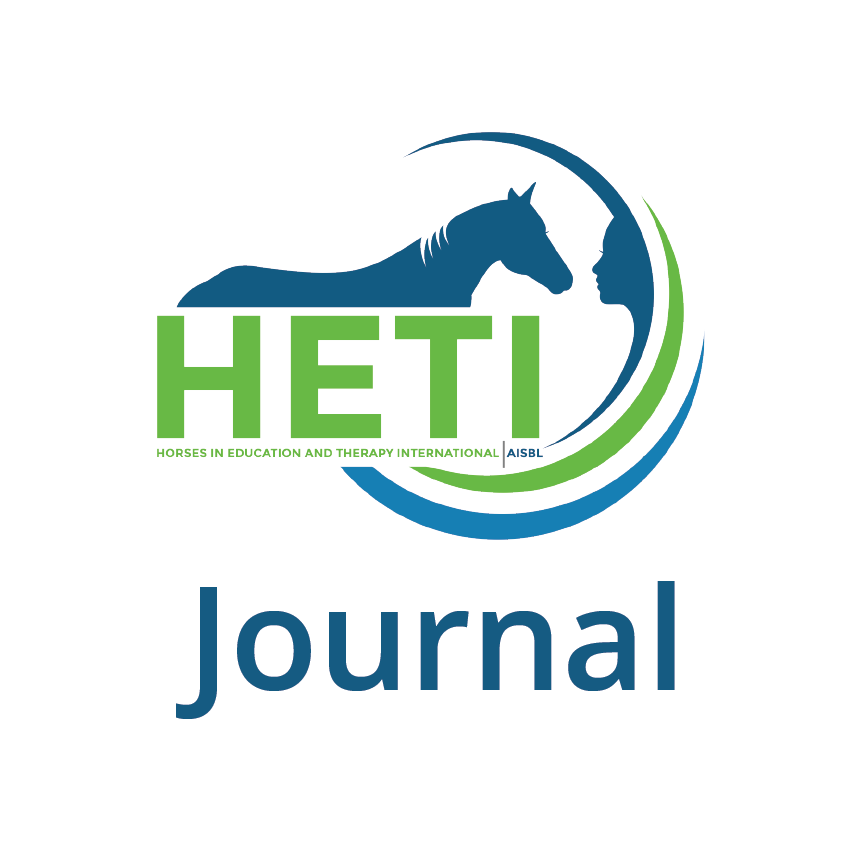Equine-Assisted Learning for At-Risk Youth: An Archival Study
€15.00
| Author | Sarah Fuller-Lovins, Yasuko Kanamori, Charles E. Myers, Jeffrey H. D. Cornelius-White |
|---|---|
| Year | 2025 |
| DOI |
Equine-assisted learning provides a viable alternative or complementary adjunct to traditional talk-based therapy interventions to
improve psycho-social outcomes with at-risk youth. The primary purpose of this study was to examine the significance and magnitude
of change in at-risk youth (n = 560) from pre- to post-implementation of an eight-week EAL program designed to improve social-
emotional outcomes. Researchers first assessed the reliability and validity of both the Horses Assisting Youth Parent (HAY-P) and
Horses Assisting Youth Staff (HAY-S) measurement tools. The validation portion of the study revealed three scales for each
measurement tool: Total, Factor 1- Contentment and Communication, and Factor 2- Compliance and Focus. Second, the researchers
utilized dependent t-tests, and it was shown that youth evidenced significant improvement (p < .001) on all scales. Effect sizes were
large to huge (d = 1.081 to 2.717). The study supports the premise that EAL programs can improve psycho-social outcomes for at-risk
youth.

